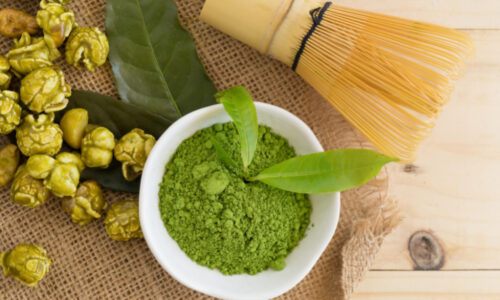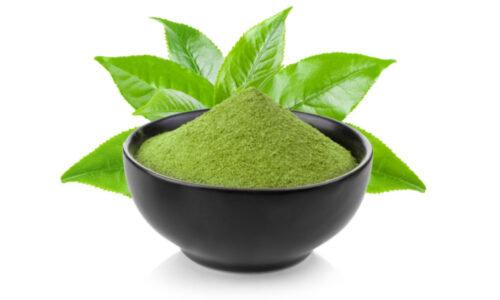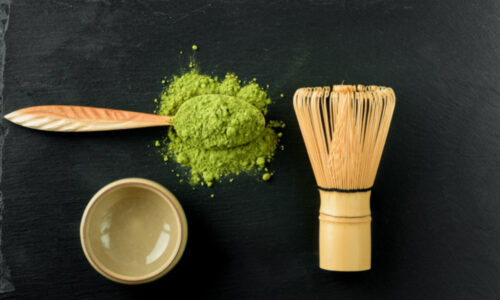Black tea is one of the world’s most popular types of tea, and for good reason. Not only does it taste great, but it also has various health benefits. One of the critical components of black tea is l-theanine, an amino acid linked to several potential health benefits.
L-theanine can help reduce stress and anxiety and promote restful sleep. It’s also being studied for its potential role in cognitive health. All of these benefits make it an essential ingredient in black tea. But how much l-theanine in black tea? And what does that mean for you?
In this blog post, we’ll take a closer look at some of the science behind l-theanine and black tea to see the potential health benefits.
The History of black tea
Black tea is a tea that is more oxidized than other types of tea, such as green tea. This oxidation process gives black tea its characteristic dark color and intense flavor. Black tea is the most popular type of tea in the world and is enjoyed by people all over the globe.
The history of black tea dates back to the early days of tea drinking in China. Black tea was first produced in the early 1600s and quickly became popular among the Chinese aristocracy. In the mid-1600s, black tea was introduced to Europe, quickly gaining popularity. Today, black tea is enjoyed worldwide and is one of the most popular types of tea.
Black tea is a perfect choice if you’re looking for a robust and flavorful tea. With its rich history and robust flavor, black tea is an excellent addition to any tea lover’s collection.
What is L-theanine?
L-theanine is an amino acid that is found naturally in black tea. It is also found in other tea types, including green and white tea. L-theanine has various potential health benefits. It has been shown to promote relaxation and reduce anxiety. L-theanine also increases alpha brain waves associated with creativity and focus. It can also reduce stress and anxiety by promoting relaxation without causing drowsiness. It can also help improve sleep quality and boost cognitive performance. Let’s take a closer look at each of these benefits in turn.
What are the benefits of L-theanine?
There are numerous benefits to taking l-theanine, including:
Anxiety Relief:
L-theanine has been shown to reduce anxiety levels in animal and human studies. One study found that l-theanine effectively reduced stress levels in medical students during exam time. Another study found that l-theanine reduced anxiety levels in people with anxiety disorders. These studies suggest that l-theanine may be an effective natural treatment for anxiety.
Relaxation:
L-theanine promotes relaxation without causing drowsiness. It does this by increasing alpha brain waves associated with relaxation and focus. This amino acid can also help reduce stress levels and improve sleep quality.
Sleep Quality:
L-theanine has also been shown to improve sleep quality. One study found that l-theanine increased sleep duration and reduced sleep latency (the time it takes to fall asleep) in people with insomnia. Another study found that l-theanine improved sleep quality in people with sleep disorders. These studies suggest that l-theanine may be an effective natural treatment for insomnia and other sleep disorders.
Cognitive Performance:
L-theanine has also been shown to boost cognitive performance. One study found that l-theanine improved attention and reaction time in healthy adults. Another study found that l-theanine improved accuracy during a task-switching test in adults with attention deficit hyperactivity disorder (ADHD). These studies suggest that l-theanine may be an effective natural treatment for ADHD and other conditions that impact cognitive performance.
How much l-theanine in black tea?
The amount of L-theanine in black tea can vary depending on the type of tea and the brewing method. For example, loose-leaf teas tend to have more L-theanine than bagged teas. And steeping time also has an effect on the final concentration of L-theanine. Most brands of black tea will generally have between 3 and 5 milligrams of L-theanine per cup.
So, loose-leaf teas are a good option if you’re looking for a black tea high in L-theanine. And if you want to maximize the amount of L-theanine in your cup of tea, be sure to steep it for at least 3 minutes. Remember, though, that longer steeping times can produce a bitter taste. So find a balance that works for you and enjoy your cup of tranquillizing black tea!
Brewing Methods Affect L-Theanine Content
How you brew your tea can also affect the l-theanine content. For example, if you use more leaves or steep for a longer time, there will be more l-theanine extracted from the leaves into the water. This means that your cup of tea will have a higher concentration of l-theanine
There are also different methods of brewing tea that can impact the l-theanine content. For example, cold brewing results in a lower concentration of l-theanine than hot brewing because less of the amino acid is extracted from the leaves at lower temperatures.
Wrap up
Look no further than black tea if you want to de-stress or improve your cognitive function. Black tea contains l-theanine, an amino acid with many potential health benefits. However, it’s important to note that the amount of l-theanine in each cup of tea can differ depending on the type of tea and how it’s brewed. So if you’re looking for a healthy drink option with plenty of possible positive outcomes, give black tea a try! Experiment with different types and brewing methods to find your perfect cup until you hit the ideal combination.


